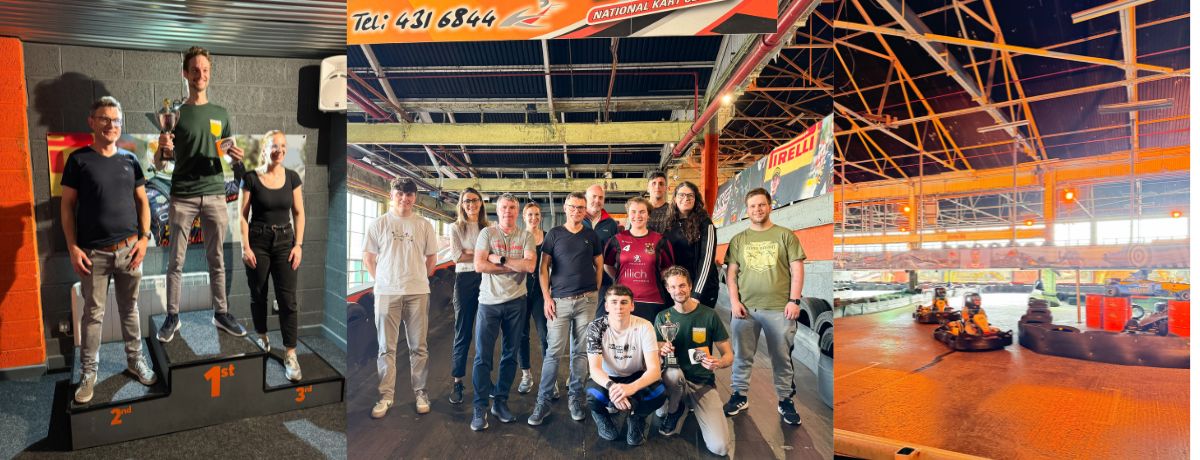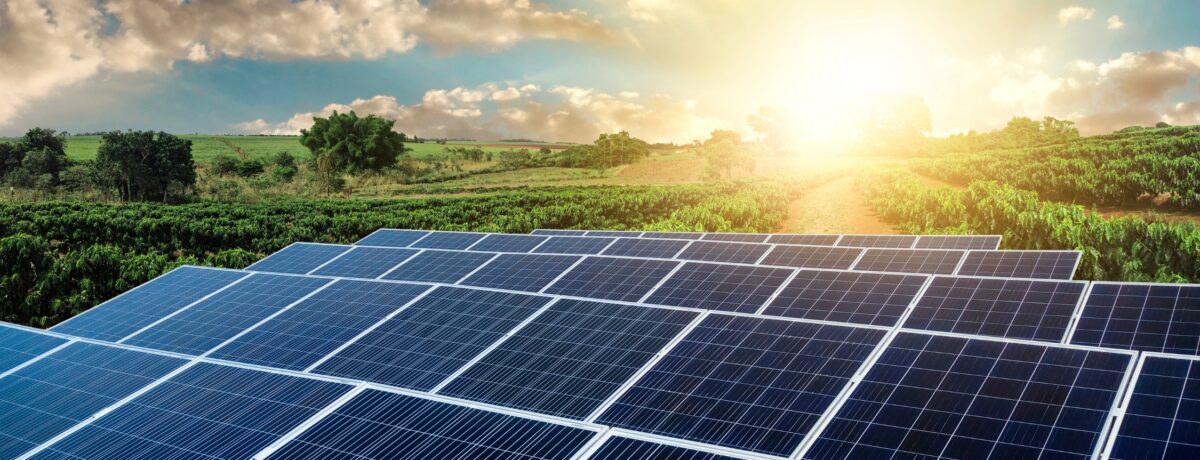Commitment towards sustainability in engineering has by no means peaked but efforts to date are starting to benefit society and the environment. Intelligent, eco-friendly designs are redefining the global landscape for a more resilient future.
Through conscientious engineering, sustainable structures can be designed and built in a cost-effective manner, with each project leaving a positive imprint on the planet. Embracing ecofriendly designs should be a standard practice in every design company strategy from project conception to handover.
Energy-efficient engineering design is a powerful tool for building a sustainable future. Engineers in all disciplines, now play an increasingly vital role in shaping a more sustainable world for future generations. Designing for energy efficiency is a critical approach to creating systems, products, and structures that minimise energy consumption while maximising performance.
By utilising strategies such as efficient insulation, smart building automation, and the incorporation of renewable energy sources, engineers can significantly enhance overall efficiency and sustainability across various sectors.
Moreover, energy-efficient engineering design extends beyond the initial design and construction phase. Through ongoing maintenance and optimisation, engineers can ensure that systems continue to operate at peak efficiency, maximising energy savings and reducing carbon emissions over time. This lifecycle approach emphasises the importance of continuous improvement and innovation in achieving sustainability goals.
A growing number of industries are prioritising energy and carbon reduction strategies as part of their commitment to sustainability and journey to net zero. These forward-thinking organisations recognise the dual benefits of reducing their environmental impact while also reaping significant financial rewards. By leveraging innovative technologies and implementing sustainable practices, companies are not only mitigating their carbon footprint but also improving their bottom line.
In today’s competitive landscape, sustainability is a key differentiator for companies seeking to enhance their market position and attract environmentally conscious investors and consumers. Through initiatives such as energy-efficient equipment, optimising manufacturing processes, and integrating renewable energy, companies are demonstrating their dedication to responsible stewardship of resources while simultaneously driving operational efficiency and cost savings.
A key aspects of energy-efficient engineering design is its ability to leverage sustainable materials. From recycled materials to those with lower embodied energy, the choice of materials plays a crucial role in minimising environmental impact. By selecting materials that are durable, energy-efficient, and responsibly sourced, engineers can create structures and products that are environmentally friendly as well as economically viable in the long run.
Green engineering practices are transforming the way every sector operates, aligning it with a more environmentally conscious future. The integration of eco-friendly practices and innovative designs showcase the industry’s commitment to responsible engineering for resilient infrastructure.
Tandem’s engineers are well equipped with the technical expertise and problem-solving capabilities to balance the delivery of pioneering solutions that minimise environmental impact.
Get in touch to discuss how Tandem can assist with your sustainability goals for 2024 and beyond!
























